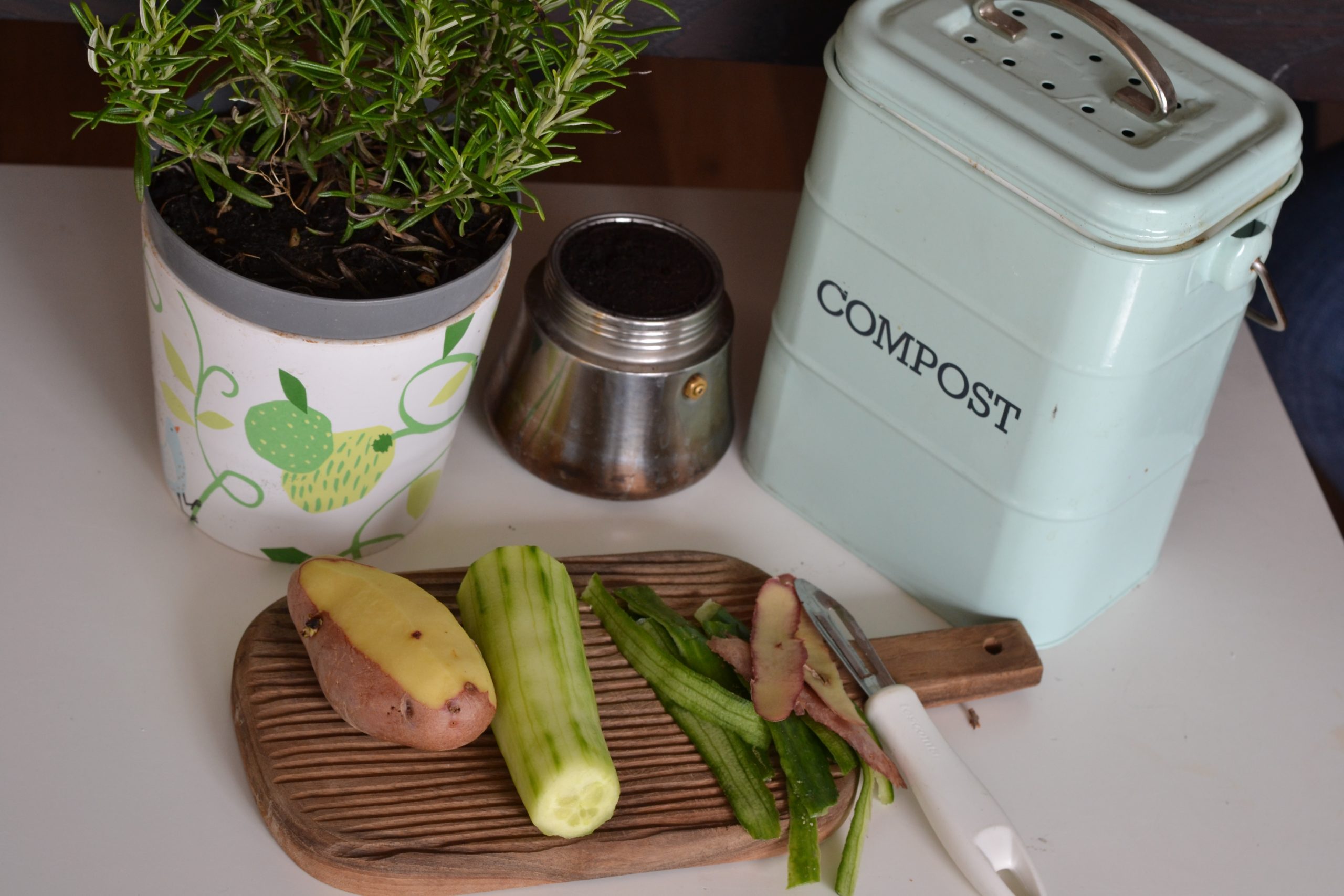Zero Waste Week, an annual event that encourages waste reduction and sustainable living, has concluded in the UK. But why stop the eco-friendly momentum after just one week? In this article, we’ll explore the highlights and provide tips on how to continue the zero-waste trend throughout the rest of the month and beyond.
Zero Waste Week Highlights:
Zero Waste Week, which took place from September 4th to 8th this year, aimed to raise awareness about the environmental impact of waste and inspire individuals and communities to take action. Here are some key takeaways from this year’s event:
Reducing Single-Use Plastics:
Participants across the UK made conscious efforts to reduce their reliance on single-use plastics. From reusable bags to water bottles and coffee cups, people embraced eco-friendly alternatives.
Food Waste Reduction:
A significant focus was on minimising food waste. People learned about meal planning, composting, and creative ways to use leftovers to prevent edible food from ending up in the bin and, consequently, the landfill that results in the accumulation of CO2 which contributes to greenhouse gas emissions.
Repair and Reuse:
Zero Waste Week encouraged repairing and repurposing items instead of throwing them away. People rediscovered the value of mending clothes, fixing appliances, and upcycling furniture. Government schemes like ‘right to repair’ means that manufacturers must provide repair information and spare parts for up to ten years to make this more accessible.
Community Engagement:
Many communities organised zero-waste events, workshops, and swaps. These gatherings fostered a sense of solidarity and shared knowledge among participants.
Sustaining the Momentum:
ZWW might be over, but the principles of waste reduction and sustainable living can, and should, be continued throughout the month and beyond. Here’s how:
Set Monthly Goals:
Rather than limiting waste reduction efforts to just one week, set achievable monthly goals. For instance, you can aim to reduce your household waste by a certain percentage each month and gradually increase this once the target seems achievable.
Continue Meal Planning:
Keep planning meals to minimise food waste. Get creative with leftovers and explore new recipes that make the most of what you have in the kitchen. If you can’t use everything, our blog on storing fruit and veg will help prevent any unnecessary waste.
Reusable Everyday:
Continue using reusable shopping bags, water bottles, and coffee cups. Consider expanding your collection of reusable items, like cloth napkins and stainless steel straws, which are becoming much more widely available at a reasonable cost.
Repair and Upcycle:
Don’t stop repairing and upcycling. Embrace a mindset of repairing items before replacing them, and explore DIY projects that transform old items into something new and useful. Sites like Pinterest are great for finding inspiration on your next upcycle project.
Join Sustainability Groups:
Engage with local or online sustainability communities. Share your progress, seek advice, and stay inspired by connecting with like-minded individuals.
Track Your Progress:
Keep a waste reduction journal to track your accomplishments and identify areas for improvement. Celebrate your successes, no matter how small they may seem.
Educate and Advocate:
Spread the word about sustainable living to friends and family. Advocate for eco-friendly practices in your workplace and community.
Zero Waste Week is brilliant for kickstarting waste reduction efforts, but it shouldn’t be the only time we focus on sustainability. By carrying forward the lessons and practices learned, we can make a lasting positive impact on our environment. So, let’s sustain the eco-friendly momentum and work towards a cleaner, greener future, and not just for the rest of the month!
